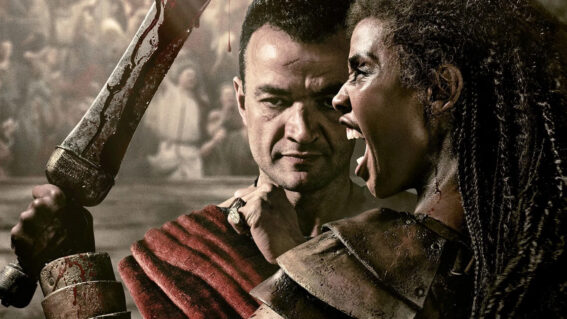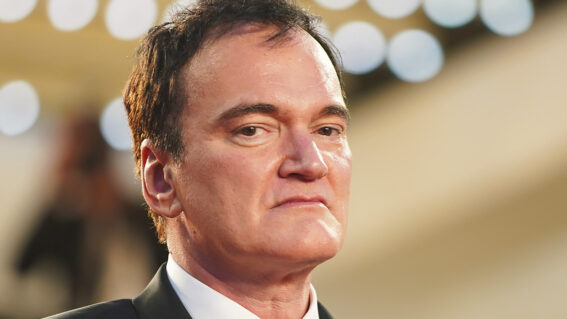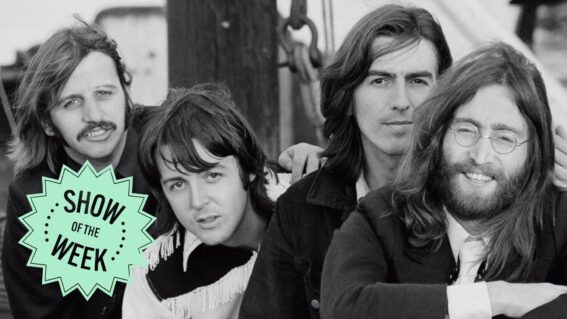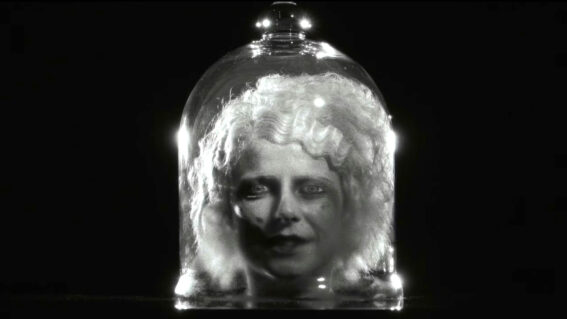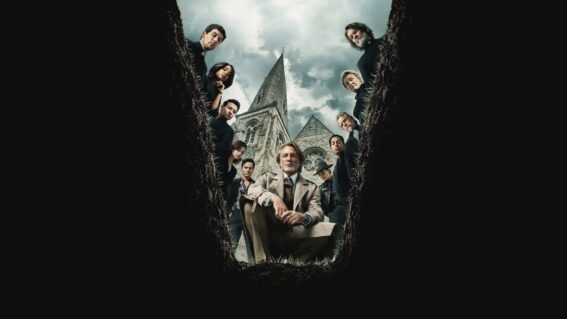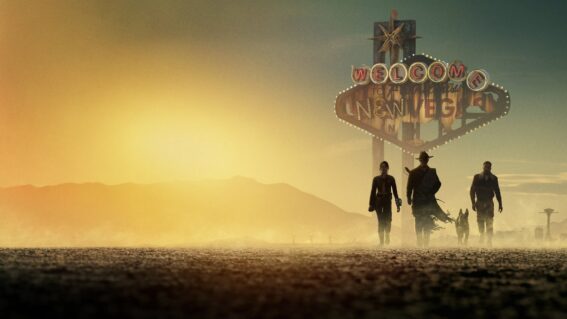Mountainhead delivers ice-cold billionaire satire
Tech elites joke about world-ending crises in this biting satire on power and detachment.
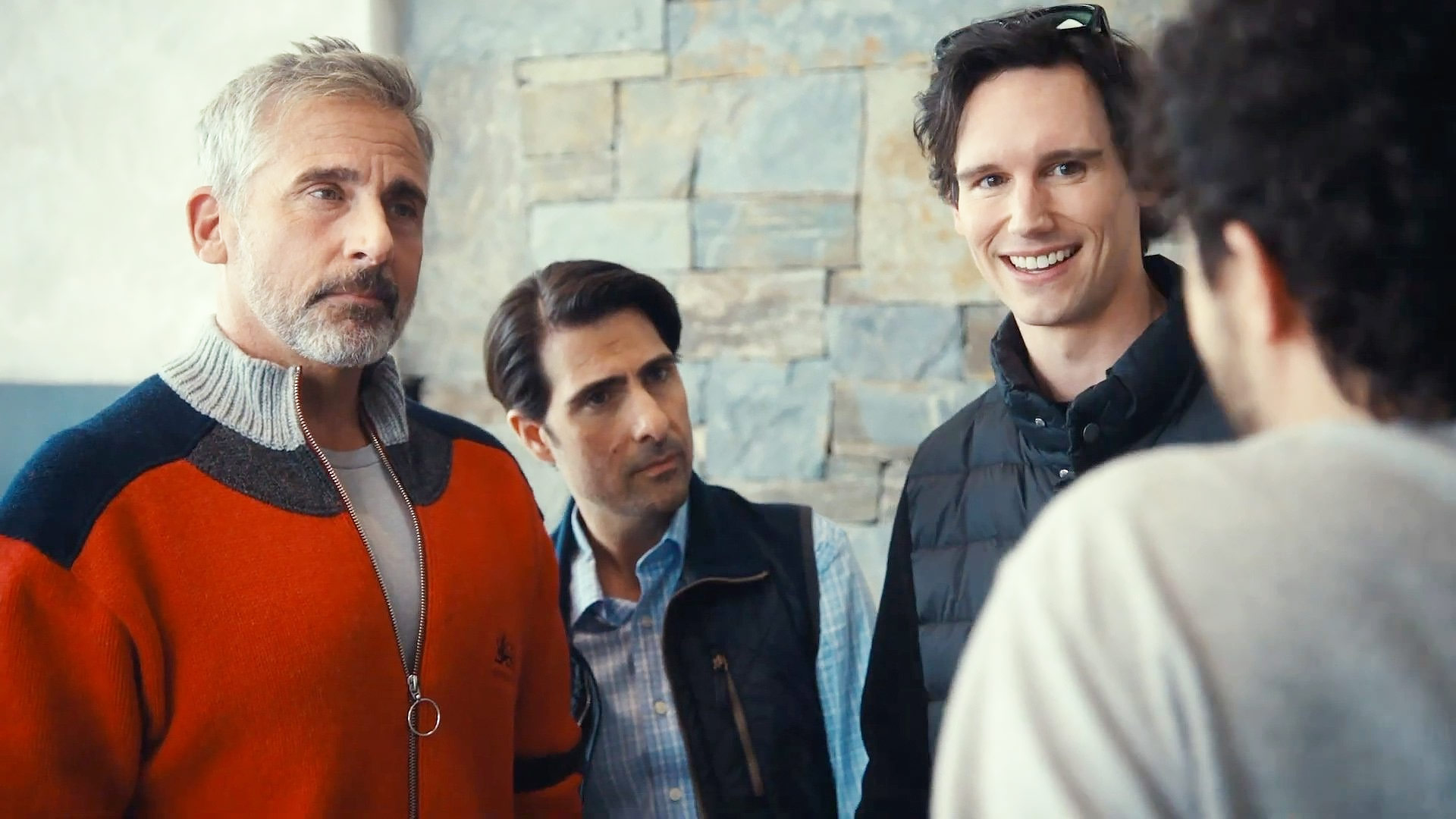
The end is nigh! Global order is collapsing, cities are burning, world leaders are panicking. While all this is going on in Mountainhead, the film remains in a massive estate in the snowy mountains of Utah, its characters safely tucked away from all the hullabaloo. Which sounds rather undramatic, but in this stinging sharp and entertaining satire from Jesse Armstrong—the creator of Succession, making his film directorial debut—the distance these people have from the world outside their bubble of super affluence is kind of the point.
Gathering for a blokey poker weekend (“no deals, no meals, no high heels”) the lead characters are four ultra wealthy tech bros and Silicon Valley tycoons; think Mark Zuckerberg or Sam Altman. Randall (Steve Carell) is the second richest person in the world, who refuses to accept that his incurable cancer cannot be fixed; Venis (Cory Michael Smith) is the richest, heading a massively popular social media platform called Traam; Jeff (Ramy Youssef) is the slightly more conscionable of the group, who’s recently created a way to detect AI-generated images but refuses to sell it; and their host Hugo (Jason Schwartzman), dubbed “Soup Kitchen” or “Soups,” is the poorest, not even worth a billion dollars.
Words flow thick and fast, and like Armando Iannucci productions such as The Thick of It and In the Loop—to which Armstrong contributed as a writer—it takes a little to acclimatise to its conversational ebb and flow. The comedy isn’t as dry, or the dialogue as tart, as Iannucci’s work, though it’s still acid-dripping satire, hermetically sealed inside its characters’ fun house mirror universe, with no compulsion towards moral signposting or what the director probably considers to be retrograde notions of justice and comeuppance.
Mountainhead is not an “eat the rich” film. It’s a film in which the rich continue to eat everybody else, in the way they always have: at arm’s length, possibly not even cognisant of their own influence. Mountainhead gets extra juicy timeliness partly through Venis’ response to a global crisis that is in part his creation, Traam having just released rolled out powerful deepfake tools. When news reports spread of violent protests unfolding, world leaders being assassinated, and heads literally exploding, Venus’ instinctual response is denial. “Heads don’t explode like that,” he says, triggering an amusing follow-question: “how do heads explode?”
This incorrigible man’s view of the world as a giant sandbox to play will certainly draw comparisons to Elon Musk. As will Venis’ imbecilic but sadly not implausible statements, like “I just wanna get us transhuman, like up on grid, Tron biking around, digital milkshakes, robot handjobs.” At one point, after acknowledging that the widening tears of reality are at least partly associated with their own actions, Randall wonders aloud whether they could be “the Bolsheviks of a new techno world order that starts tonight.”
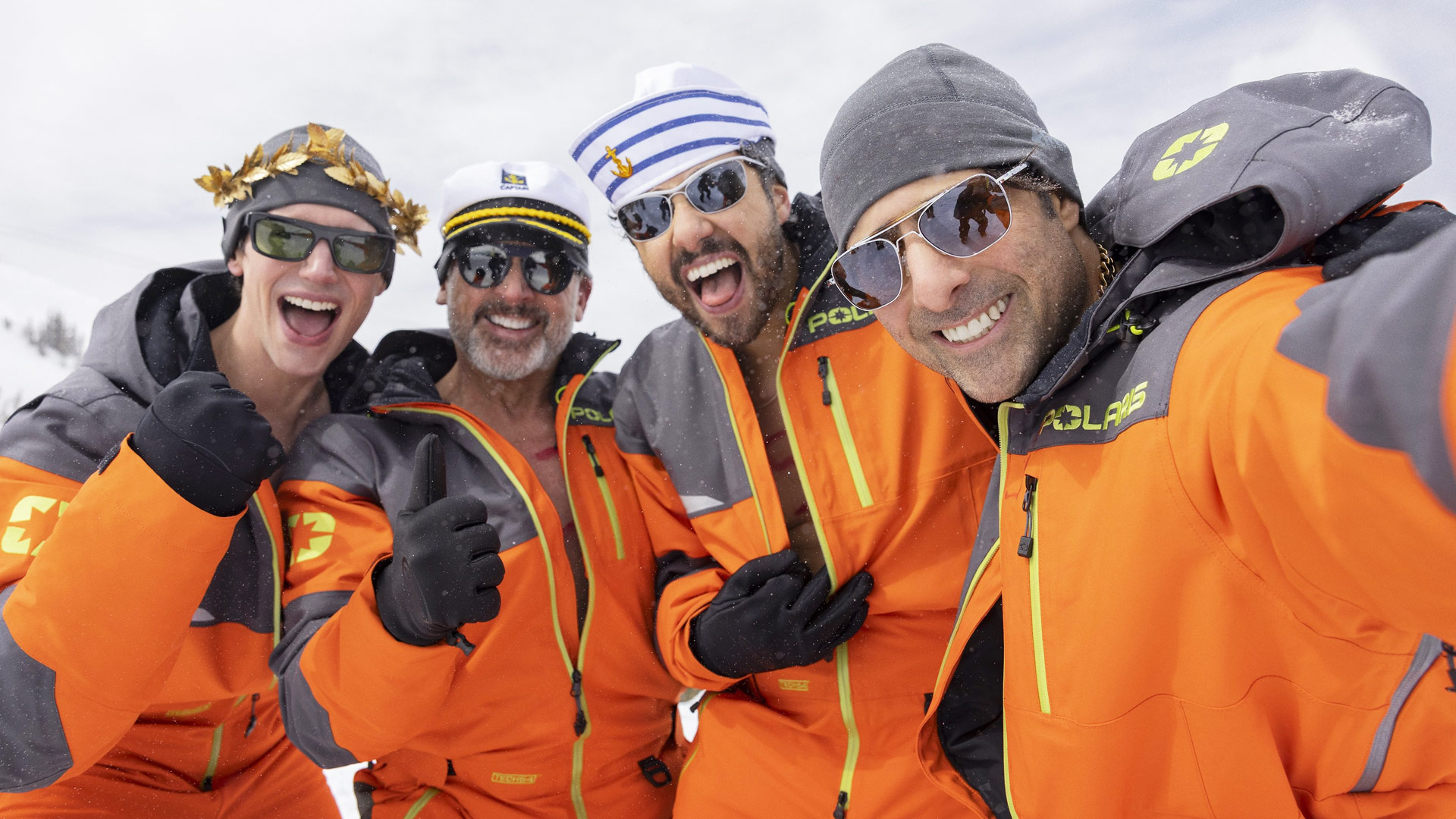
Carell delivers that line coyly, with a smugness that says he could be serious, or could be joking…he’ll bend either way according to the temperature in the room. When one of the group comments that “killing someone is badass,” my mind shot back to Mark Zuckerberg’s response to Donald Trump pumping his fist in the air after last July’s assassination attempt. Zuckerberg called it “one of the most badass things I’ve ever seen in my life”—another example of Armstrong’s bang-on scripting.
Mountainhead could’ve been a great film if it had stuck to the runway, contrasting the characters’ affluence-bubble and myopic gasbagging with the wider world’s ongoing destruction. At one point, however, relatively deep in the runtime, Armstrong pivots to more straight-up black comedy, involving a plot hatched by three members of the group against the other. It falls down a bit here, losing sight of what made it special, though it’s always a very enjoyable if chafing comedy—truly one for the ages.









